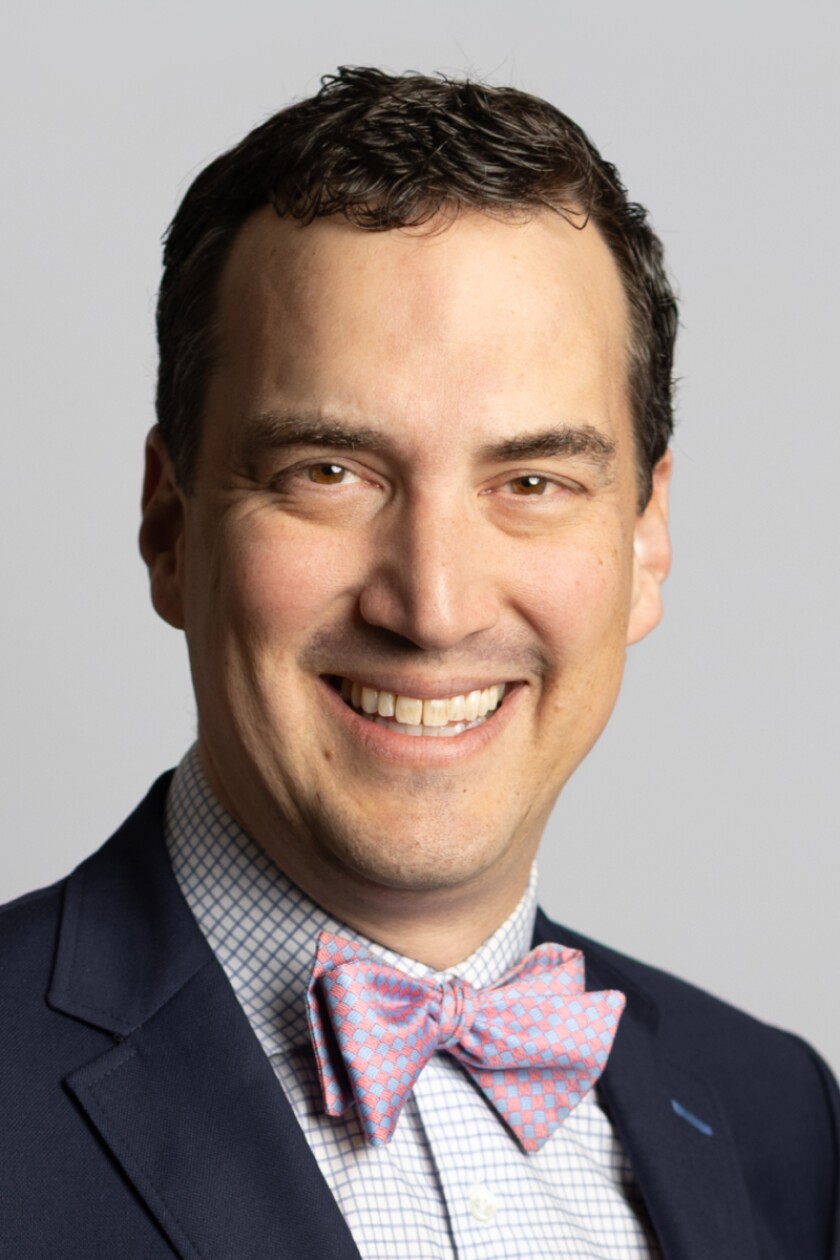Fraud is continuing to increase this year, in part due to the COVID-19 pandemic, according to a new survey by the Association of Certified Fraud Examiners.
The report found that 79 percent of anti-fraud professionals have seen an increase in the overall level of fraud as of November, compared to 77 percent in August and 68 percent in May. Thirty-eight percent of the respondents said in November the increase has been significant, compared to 34 percent in August and 25 percent in May.
Ciao-Wei Chen is an associate professor of accountancy at the Gies College of Business at the University of Illinois Urbana-Champaign.
Max Perkins is head of insurance solutions and COO for Spektrum Labs, an AI-first cyber resilience company that provides agents and tools to reduce the time, cost, and complexity of maintaining provable and effective security and insurability. Spektrum unifies the disconnected domains of cybersecurity, backup, and insurance into one continuous, automated system. By fusing these traditionally disconnected areas, Spektrum enables businesses to prove and maintain continuous resilience—from preventing cyber threats, to instant recovery, to securing financial coverage—all in one place. Spektrum unlocks resilience, automating and verifying the connection between security and insurance, so businesses can recover faster and protect their future.
Prior to joining Spektrum, Max's professional career had been focused on insurance and risk management with particular expertise in intangible boardroom risks such as cyber, privacy, and intellectual property, and the overall impact of technology on business. Max was head of Strategy & Innovation for AXIS Capital's Cyber & Technology underwriting division, where his responsibilities included risk capital management and leadership in launching the world's first securitized 144a Cyber Cat Bond. Prior to joining AXIS in April 2020, he was an insurance broker at Lockton Companies and an underwriter at AIG, CHUBB and Beazley – operating both in the US and London markets.
Cyber fraud, payment fraud (such as schemes with debit and credit cards) and identity theft are the three top fraud schemes seeing increases, according to anti-fraud professionals.

The largest increase in observed fraud was in financial statement fraud, with 7 percent more anti-fraud professionals reported seeing financial statement fraud in November, compared to August. That could be because as companies continue to see their profits drop, they feel more pressure to cook the books.
The survey also found 77 percent of anti-fraud professionals report that investigating and preventing fraud is more challenging now, while 71 percent said detecting fraud is more challenging as a result of the pandemic.
ACFE members anticipate the fraud trend will continue, even as vaccines have begun rolling out this week in the U.S. Ninety percent of the survey respondents expect a further increase in the level of fraud over the next 12 months, with 44 percent predicting the change is likely to be significant.
Nearly half (48 percent) of the organizations polled expect to increase their investments in anti-fraud technology, and 38 percent intend to raise the use of fraud-related consultants or other external resources. Budgets for anti-fraud training and professional development are experiencing a similar increase (according to 37 percent of the organizations polled), but nearly one-quarter (24 percent) anticipate a decrease in this area. The budget component most likely to see decreases is travel for anti-fraud staff, which shouldn’t be surprising given the plunging levels of air travel in general over this past year, with 38 percent of the survey respondents expecting a reduction in funds for travel in the year ahead.


